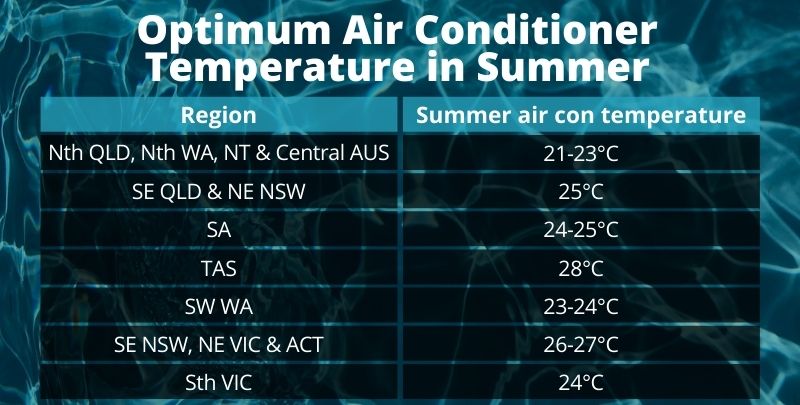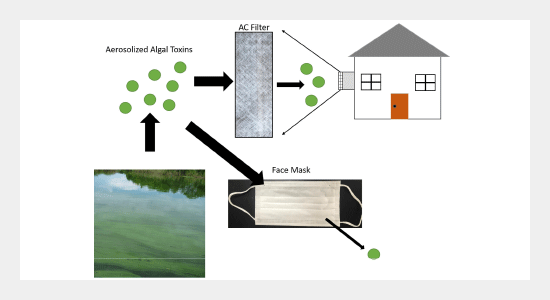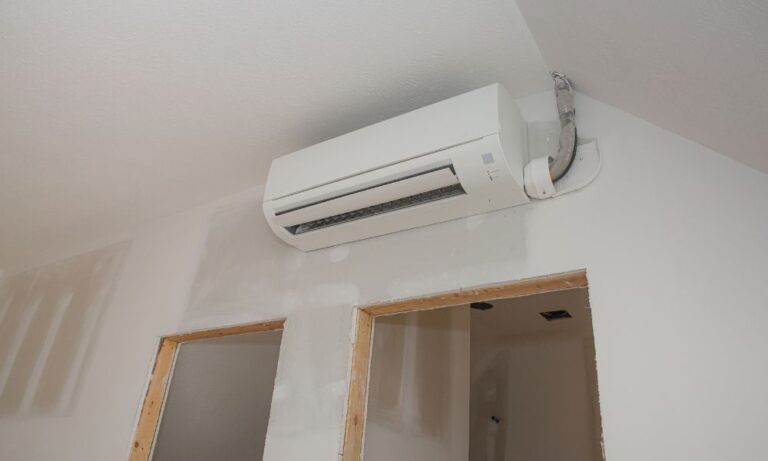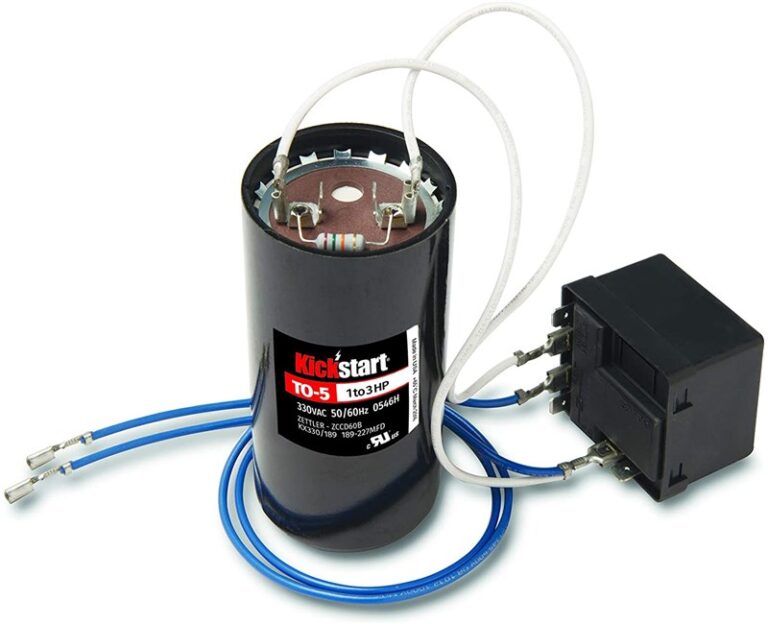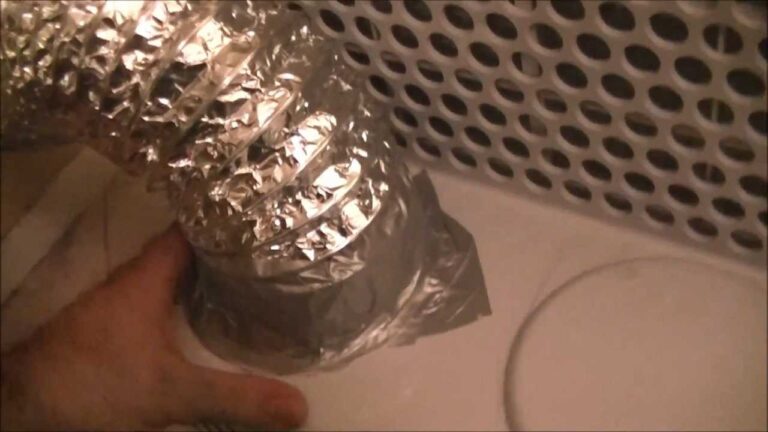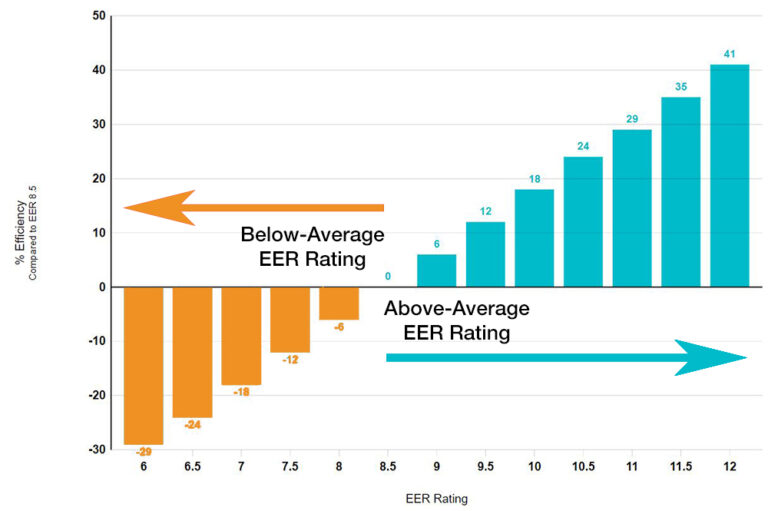What Temperature Should I Have My Air Conditioner On: Optimal Settings
Set your air conditioner to 78°F (26°C) for optimal comfort and energy efficiency. Lower it to 72°F (22°C) for sleeping.
Balancing comfort and energy savings is crucial when setting your air conditioner temperature. A setting of 78°F (26°C) strikes a good balance during the day. This temperature helps keep your home comfortable while reducing energy consumption. At night, lowering the thermostat to 72°F (22°C) can improve sleep quality.
These settings not only enhance comfort but also help reduce electricity bills. It’s important to adjust the temperature based on your personal preferences and the local climate. Regular maintenance of your air conditioning system ensures it runs efficiently, providing both comfort and cost savings.

Credit: taraenergy.com
Introduction To Air Conditioner Settings
Setting the right temperature on your air conditioner is important. It keeps your home comfortable and saves energy. Many wonder what temperature is best. In this post, we will explore this in detail.
Importance Of Optimal Temperature
An optimal temperature setting ensures comfort and efficiency. It helps maintain a pleasant indoor climate. The ideal setting for most homes is between 24°C and 26°C (75°F to 78°F). This range keeps rooms cool without overworking your unit.
Impact On Energy Consumption
The temperature setting directly impacts energy use. Lowering the thermostat by just 1°C can increase energy use by 10%. Setting the thermostat to the recommended range can save on energy bills. A programmable thermostat can also help manage your settings efficiently.

Credit: www.hvac.com
Recommended Temperature Range
Setting the right temperature for your air conditioner is important. It keeps you comfortable and saves energy. Let’s explore the recommended temperature range for different seasons.
Ideal Summer Settings
During summer, keeping cool is essential. The ideal temperature for your air conditioner in summer is between 24°C (75°F) and 26°C (78°F). This range helps you stay comfortable without using too much energy.
Here are some tips for optimal summer settings:
- Set your thermostat to 26°C (78°F) when you are home.
- Increase the temperature by a few degrees when you are away.
- Use ceiling fans to help circulate cool air.
Ideal Winter Settings
In winter, you want to stay warm without wasting energy. The ideal temperature for your air conditioner in winter is between 18°C (64°F) and 20°C (68°F). This range keeps your home cozy while saving on heating costs.
Consider these tips for winter settings:
- Set your thermostat to 20°C (68°F) when you are at home.
- Lower the temperature to 18°C (64°F) when you are sleeping or away.
- Use blankets and warm clothing to stay comfortable at lower temperatures.
Balancing Comfort And Efficiency
Finding the perfect temperature for your air conditioner is crucial. It affects both your comfort and energy bills. Balancing comfort and efficiency can be tricky. This guide will help you find the best settings.
Finding The Sweet Spot
The ideal temperature for most homes is between 72°F and 78°F. This range ensures comfort and energy savings. Setting your thermostat to 78°F can help save energy. Each degree below 78°F can increase your energy use by 6-8%.
Here’s a simple table to illustrate potential savings:
| Temperature (°F) | Energy Savings (%) |
|---|---|
| 78 | 0% |
| 77 | 6-8% |
| 76 | 12-16% |
Consider setting your thermostat higher when you are not home. Use a programmable thermostat to adjust settings automatically. This can enhance both comfort and efficiency.
Adjusting For Humidity
Humidity levels affect how cool your home feels. High humidity can make the air feel warmer. Use a dehumidifier to reduce humidity levels. This can make your home feel cooler at higher temperatures.
Here are a few tips for managing humidity:
- Keep windows and doors closed.
- Use exhaust fans in bathrooms and kitchens.
- Place houseplants that absorb moisture.
Maintaining a humidity level between 30% and 50% is ideal. This can improve comfort without lowering the temperature. Proper humidity control can also prevent mold and mildew growth.

Credit: justenergy.com
Energy-saving Tips
Keeping your air conditioner at the right temperature saves energy and money. Simple changes help you achieve significant savings. Implement these energy-saving tips to keep your home cool and efficient.
Programmable Thermostats
A programmable thermostat allows you to set different temperatures for different times. This helps you avoid cooling an empty house. During the day, set the temperature higher when no one is home. Lower it just before you return. This smart scheduling can reduce energy costs by up to 10%.
Modern thermostats even learn your schedule. They adjust automatically for maximum efficiency. Consider investing in a smart thermostat for additional savings and comfort.
Using Ceiling Fans
Ceiling fans help distribute cool air throughout your home. They allow you to raise the thermostat by 4 degrees without losing comfort. Fans create a wind-chill effect, making you feel cooler.
Remember to turn off fans when you leave the room. They cool people, not spaces. Using fans with your air conditioner helps save energy and money.
| Tip | Benefit |
|---|---|
| Set thermostat higher when away | Save up to 10% on energy costs |
| Use ceiling fans | Feel cooler with higher thermostat settings |
Health Considerations
Choosing the right temperature for your air conditioner is crucial for your health. Extreme temperatures can affect your well-being and sleep quality. Here, we will explore the health considerations of setting your air conditioner to the optimal temperature.
Avoiding Extreme Temperatures
Extreme temperatures can negatively impact your health. Keeping your air conditioner too cold or too warm can cause various issues. Experts recommend setting your air conditioner to a moderate temperature, around 24-26 degrees Celsius (75-78 degrees Fahrenheit).
- Too Cold: Can lead to respiratory problems and muscle stiffness.
- Too Warm: May cause discomfort, sweating, and dehydration.
Maintaining a balanced temperature helps in preventing health risks.
Impact On Sleep Quality
Sleep quality is vital for overall health. The temperature of your room plays a significant role in how well you sleep. Experts suggest a bedroom temperature between 15-19 degrees Celsius (60-67 degrees Fahrenheit) for optimal sleep.
| Temperature (Celsius) | Temperature (Fahrenheit) | Impact on Sleep |
|---|---|---|
| Below 15°C | Below 60°F | Disrupts sleep, too cold |
| 15-19°C | 60-67°F | Optimal for sleep |
| Above 19°C | Above 67°F | Too warm, may cause sweating |
A cooler environment promotes deeper sleep and better rest. Setting your air conditioner to the right temperature ensures a comfortable sleep.
Adapting To Different Climates
Setting your air conditioner to the right temperature is crucial. It varies based on climate. Different regions need different settings. Let’s explore what you should do in various climates.
Hot And Dry Regions
In hot and dry areas, the air is often very dry. Your air conditioner should work to add some humidity. A good temperature setting is around 75°F to 78°F.
Here’s a quick guide:
- Daytime: Set between 75°F and 78°F.
- Nighttime: Lower to 70°F for better sleep.
Using a humidifier can also help. It adds moisture to the air.
Cold And Humid Regions
In cold and humid areas, the air can feel sticky. The goal is to reduce humidity. Set your air conditioner to around 68°F to 72°F.
Here’s a quick guide:
- Daytime: Set between 68°F and 72°F.
- Nighttime: Keep it around 68°F for comfort.
Using a dehumidifier can also help. It removes excess moisture.
| Region | Daytime Temperature | Nighttime Temperature |
|---|---|---|
| Hot and Dry | 75°F – 78°F | 70°F |
| Cold and Humid | 68°F – 72°F | 68°F |
Setting your air conditioner correctly saves energy. It also improves comfort. Adjust settings based on your region for best results.
Common Mistakes To Avoid
Setting your air conditioner to the right temperature is crucial. Many people make common mistakes that can increase energy bills. Here are some mistakes to avoid.
Overcooling The House
Overcooling your house is a big mistake. Setting the thermostat too low can strain your air conditioner. This leads to higher electricity bills. The recommended temperature is 78°F (25°C) during summer. At this temperature, you stay comfortable and save money.
Another tip is to use ceiling fans. They help circulate cool air. This allows you to set the thermostat higher. Remember, every degree higher can save you up to 10% on cooling costs.
Ignoring Maintenance
Ignoring maintenance can harm your air conditioner. Regular maintenance keeps it running efficiently. Change the air filter every 30-60 days. A dirty filter makes the system work harder. This increases energy use and costs.
Also, check the outdoor unit. Keep it free from debris. Clean the coils and fins. This ensures proper airflow. Schedule a professional inspection at least once a year. This helps spot potential problems early.
Conclusion And Final Tips
Maintaining the right temperature for your air conditioner can be challenging. In this section, we will summarize the key points and provide final tips to help you achieve optimal comfort and energy efficiency.
Recap Of Key Points
- Comfort: Set your thermostat to 78°F when you’re at home.
- Energy Efficiency: Raise the temperature to 85°F when you’re away.
- Night Time: Lower the temperature by a few degrees for better sleep.
- Ceiling Fans: Use them to help circulate cool air.
- Maintenance: Regularly clean and service your AC unit.
Final Recommendations
To maximize comfort and efficiency, follow these tips:
- Smart Thermostats: Invest in a programmable thermostat for automatic adjustments.
- Window Coverings: Use blinds or curtains to block out sunlight.
- Air Filters: Change them every 30-60 days to keep the system running smoothly.
- Insulation: Ensure your home is well-insulated to prevent cool air loss.
- Regular Inspections: Schedule annual check-ups with a professional technician.
| Situation | Recommended Temperature |
|---|---|
| At Home | 78°F |
| Away | 85°F |
| Night Time | Lower by a few degrees |
Following these tips can help you achieve a comfortable and efficient home environment.
Frequently Asked Questions
Is 72 A Good Temperature For Air Conditioning?
Yes, 72°F is a good temperature for air conditioning. It balances comfort and energy efficiency for most people.
What Should I Set My Ac To In Summer?
Set your AC to 78°F (25°C) during summer for optimal comfort and energy efficiency. Lower it at night.
Is 78 Too Hot For A House?
A house temperature of 78°F is generally comfortable for most people. It balances energy efficiency and comfort.
Conclusion
Finding the right temperature for your air conditioner enhances comfort and energy efficiency. Set your thermostat between 72-78°F for optimal results. Adjust settings based on personal preference and climate. Regular maintenance ensures your AC runs smoothly. Enjoy a comfortable home without high energy bills by following these simple guidelines.

